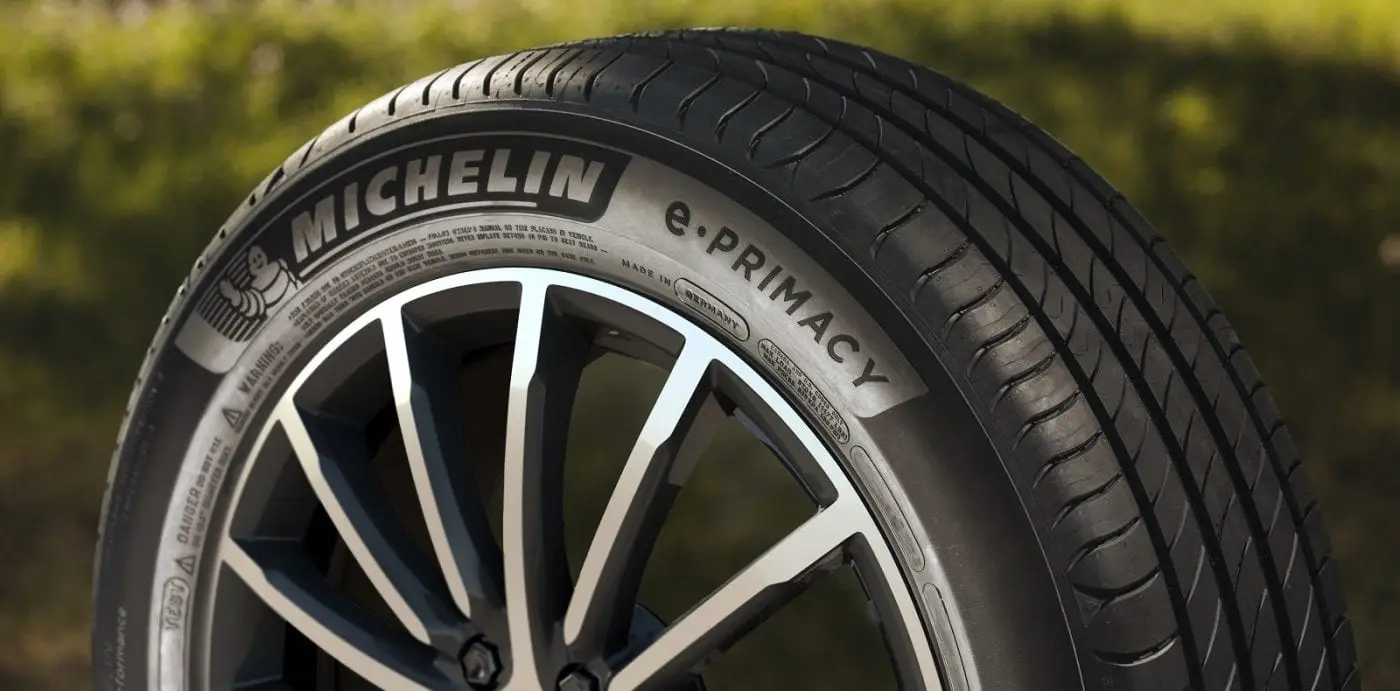The environment’s future has never been more critical than it is currently. Industries of all types are searching for cleaner manufacturing and industrial options that have a lower environmental impact.
Tires are among the most widely used goods globally and have been a major source of air and microplastic pollution for many years. Their production is very energy-intensive and the industry experiences plenty of end-of-life recycling challenges.
Tire manufacturers intend to change people’s viewpoint by using a safer, more environmentally friendly manufacturing process and sustainable raw materials. Several of them have established strategic alliances with the academia, government, and biotechnology companies to advance their efforts. Two of those manufacturers include Bridgestone and Michelin.
Michelin Tires has announced a change in its tire manufacturing components. The company has pledged to increase its research, production, and collaborations to pursue greener tire technologies. The goal is to have all tires made from sustainable materials that are entirely recycled, renewable, and bio-sourced by mid-century.
Currently, only 28% of Michelin’s tire components are estimated to be made from sustainable raw materials. Most tires are made up of over 200 ingredients. These include natural rubber, synthetic rubber, fibers, metal, and tire-strengthening materials like silica, carbon black, and plasticizers. By collaborating with other companies, Michelin believes it can achieve 100% sustainability by 2050.
Being aware that innovation’s pace and nature necessitate new collaboration methods, the manufacturer said it would continue to invest in its 6,000-strong global R&D team and forge new alliances with other companies and innovators.
Michelin now seeks to form more solid partnerships. The company cited its BioButterfly Collaboration with Axens and IFP Energies Nouvelles to produce bio-sourced butadiene used to make synthetic rubber. It’s also working with Canadian Pyrowave to produce recycled polystyrene from plastic waste.
In early February 2021, Michelin came together with Enviro, a Swedish company, to develop its first tire recycling plant that will enable it to recover materials like steel, carbon black, coal, pyrolysis oil, and other recyclable materials from end-of-life tires.
These technologies will also benefit other industries. For example, when Michelin recycles raw materials like polystyrene from used tires, carbon black or pyrolysis oil is recovered.
Late February, Bridgestone, a rival tire manufacturer, revealed that it had teamed up with synthetic rubber maker Arlanxeo and chemicals behemoth Solvay to launch a new co-developed tire technology that would improve environmental efficiency.
The company said that the Techsyn technology blends synthetic rubber with custom-made silica, which improves tire wear efficiency and road resistance by 30 percent, reducing material loss from tires on the road.
As a result, the Techsyn tires have a 30 percent longer lifetime than standard tires, decreasing material usage while also lowering fuel consumption and CO2 emissions. Bridgestone also said that Techsyn was being prepared for mass production across a variety of vehicles and tire categories.
Bridgestone EMIA CEO and President highlighted that Collaboration is needed to achieve ground-breaking progress and the future of mobility. Through creativity and sustainability, the company is making huge forward strides towards achieving that goal by creating environmentally conscious solutions like Techsyn.


